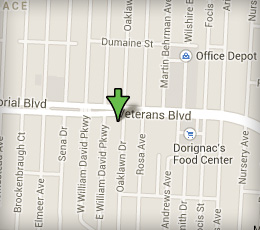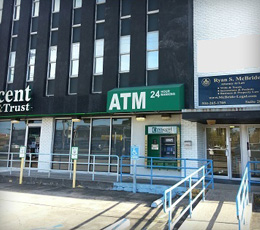Many of our clients are unfamiliar with the term succession. Here we define what succession is and the various ways it applies to the estate of a deceased individual.
Succession Defined
Succession is the legal process that must be completed in order to properly transfer the estate of a deceased individual to either his/her legatees (if the Decedent died Testate – had a valid will) or his/her heirs (if Decedent died Intestate – did not have a valid will).
What is Probate?
While most people are more familiar with the term “Probate” as it relates to process of distributing an estate to the heirs of a Decedent, “succession” is the proper term for our process here in Louisiana.
“Probate” is a common law term used almost exclusively in every other state but Louisiana. Nevertheless, the terms “Probate” and “Succession” are often used interchangeably and the word “probate” itself appears in several provisions of our Louisiana Code of Civil Procedure. Regardless of the word used to describe it, the underlying process requires legal expertise to navigate it as it is much different in Louisiana than in any other State.
Who needs to “Open” Succession?
Generally, any deceased individual who owned probate assets valued greater than $75,000 at the time of his/her death will need to have succession opened on his/her behalf, regardless of whether or not the individual had a valid Last Will and Testament.
Probate vs. Non-Probate Assets
Examples of probate assets include immovable property (family home, rental property, commercial real estate), vehicles, personal property (jewelry, collectibles), brokerage, checking, savings accounts and CDs. As a general rule, all qualified retirement plans, life insurance policies, annuities, or any other accounts that require choice of a beneficiary designation are non-probate assets.
In other words, non-probate assets are not part of an inheritance but passed to beneficiaries chosen by the Decedent prior to death and therefore are passed on by contract at death, not by Testamentary provision or as part of the Succession process.
Are all Successions Complex and Expensive?
The complexity and cost of a Succession are functions of the following considerations: 1) Amount and complexity of assets, 2) Amount and complexity of debts, 3) Degree of cooperation amongst heirs/legatees.
While some Successions can take years to complete, the vast majority can be completed within a reasonable amount and at a reasonable cost.
Free Consultation
If you are in need of succession services or are about to inherit property, please contact the Law Firm of Ryan S. McBride today for a free consultation.
Contact us at 504-265-1705 or via our online form.


